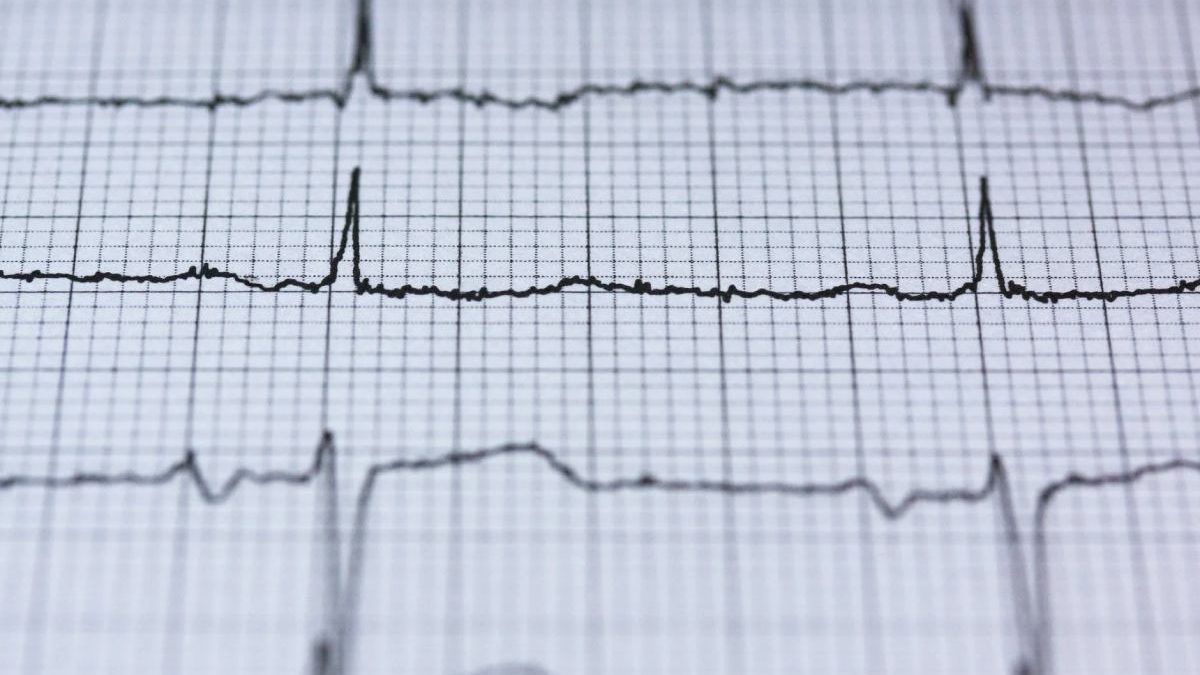Becoming a medical scribe is fairly easy. With only a high school diploma you can learn the necessary steps and skills needed to be successful in the medical field. Although it’s wise to have some medical knowledge of basic anatomy and biological functions, it isn’t mandatory.
If you are interested in medical scribe careers, here are the foundational computer skills you will need before you start. Focus on these areas to be the most successful medical scribe in your district.
Table of Contents
Excellent Typing Skills
Your job will be to take accurate and reliable patient information at all steps during their treatment. You will document everything that happens, including different procedures and blood tests taken, for the patient’s medical file. For this, you need to be able to type rather quickly. About 60 words per minute is the recommended minimum.
The most important part is that you are capturing accurate information so your typing speed needs to be incorporated into your attention to detail. The information you gather is what will go in the patient’s file. Doctors need it to stay up to date, and your typing skills will help them to keep track of various procedures and tests that have been done.
Electronic Health Recording
As a medical scribe, you will be exposed to different recording systems that health facilities use to electronically capture patient information. Understanding the basics of all EMR software is the best way to learn how to operate various programs. This is one of the first requirements because it is something that you will use the majority of the time.
Become familiar with different software and solutions to make your job easier. Once you are a medical scribe, you will need to stay up to date with the latest software releases and technological advancements on various EMR software that is available. As technology changes, better and faster EMR software is being designed. It helps with more accurate record taking and has the ability to scan medical documents.
Microsoft Office Applications
Not only will you use Word to type out information, but you will also use Excel for medical reports and Outlook for correspondence. You need to be more than just PC literate. Knowing how to use these basic Office applications will be a start, but you will want to learn all of the advanced features the software has to offer. Microsoft offers planning software and task schedulers that can be very useful as a medical scribe, to keep on top of day-to-day operations.
One way to use these applications to your advantage is to turn diction on and verbally record everything. Applications like OneNote and Word can be used this way when there is a lot of information to collect and you don’t want to miss anything.
Medical scribes are incredibly useful in the medical sector. They assist doctors to take critical information that helps to manage the overall treatment plan of a patient. Medical knowledge is advantageous but without these necessary computer skills, medical scribes would not be able to do their jobs effectively.

